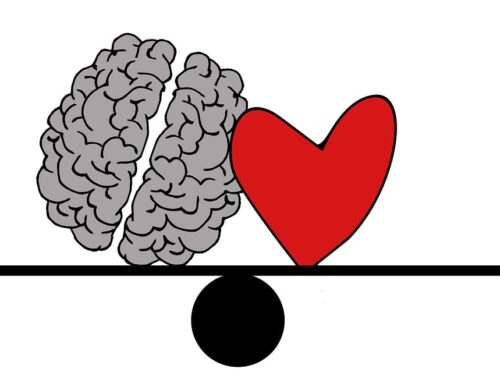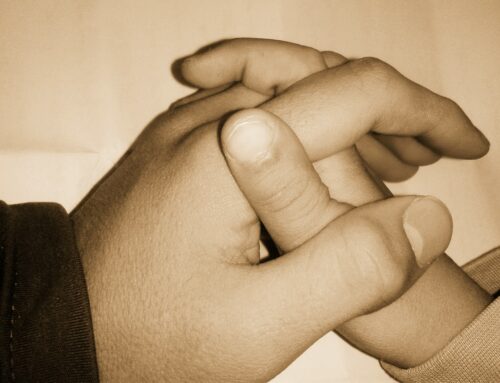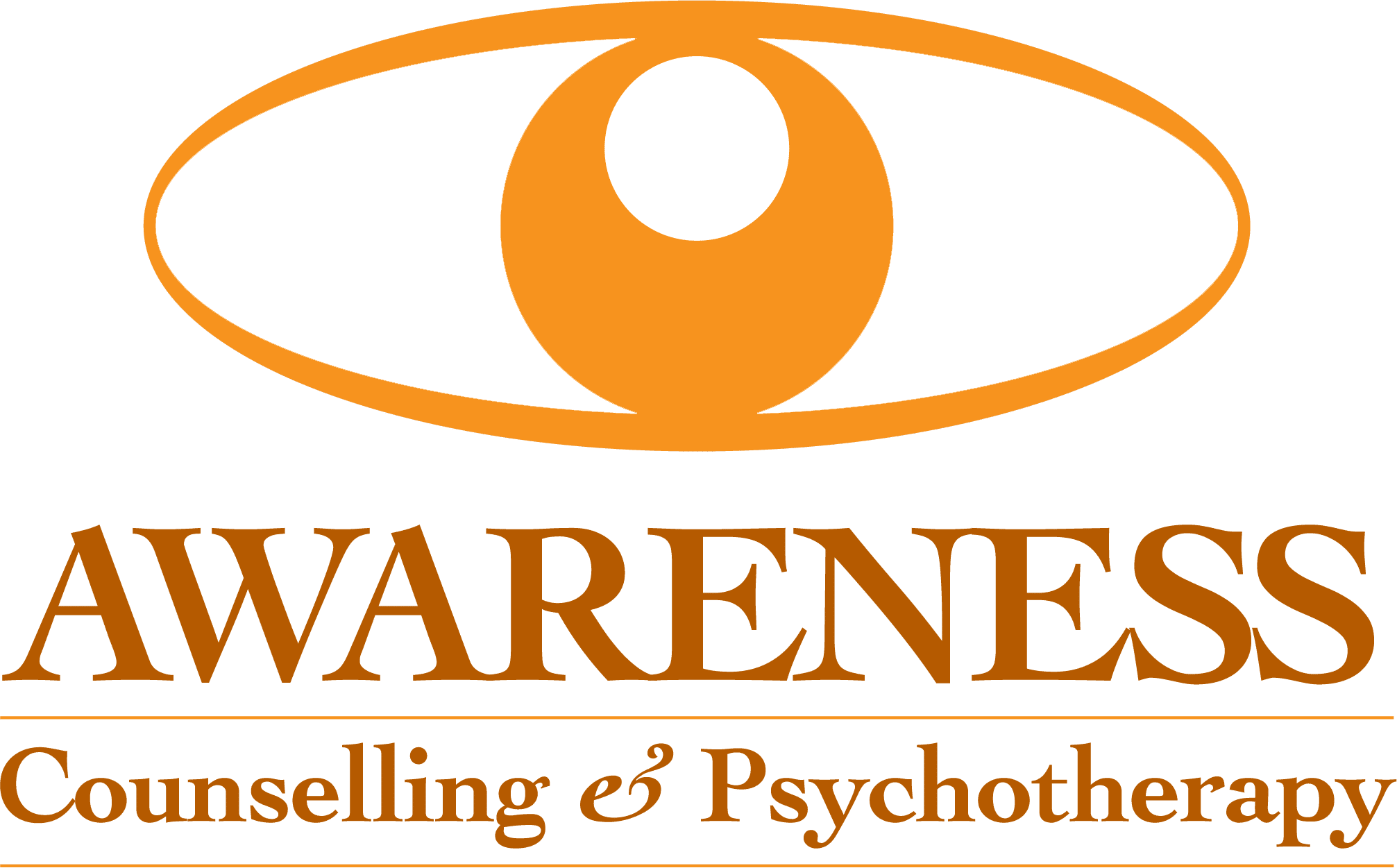The quest for control in our lives is a double-edged sword. On one hand, it’s a natural and often beneficial instinct; we seek to manage our environment and relationships and work to create a sense of security and achievement. However, this pursuit can easily tip into a relentless and stressful endeavour to control every aspect of our lives. It leads to a paradox where seeking control results in less of it.
Psychologically, the need for control often stems from a place of insecurity or fear. For many, experiences in childhood or early life, such as instability or unpredictability in their home environment, can instil a deep-seated need to manage their surroundings and relationships closely as adults. This behaviour is a coping mechanism to prevent perceived threats to stability and safety. Essentially, controlling behaviour can be an attempt to shield oneself from the vulnerability of uncertainty or past traumas.
The illusion of control is particularly seductive. By micromanaging every detail, we can prevent the chaos of the unexpected. However, life, by its very nature, is unpredictable. This overemphasis on control leads to a heightened state of anxiety and stress as we constantly brace ourselves against the potential of things going awry. The energy expended in this process often leaves us drained, impacting our health, well-being, and even the efficiency we were aiming to improve.
Furthermore, attempting to control everything limits our ability to grow and adapt. We fixate on controlling outcomes and close ourselves to new experiences and opportunities. While sometimes daunting, life’s unpredictability is also a source of richness and variety. We often find the most joy and learning in the unplanned and the spontaneous.
This over-control also strains our relationships. When we try to control others—colleagues, friends, or family—we erode the trust and respect that are the foundation of healthy relationships. People thrive on autonomy and mutual respect, and a controlling approach can stifle these essential elements.
Importantly, relinquishing this need for control doesn’t mean giving up on goals or standards. Instead, it’s about recognising that many things are outside our control, and that’s okay. It’s about learning to be flexible, adapt, and respond to life’s surprises with a sense of curiosity rather than fear. This shift in perspective can reduce stress and increase our overall happiness.
Letting go of control can feel like a liberating, albeit initially uncomfortable, journey towards self-discovery and peace. Initially, it might stir up feelings of vulnerability and uncertainty, as if you’re stepping into uncharted territory without a map. This discomfort, however, soon gives way to a profound sense of freedom. It’s akin to loosening a tightly clenched fist, only to realise the tension you’ve been holding wasn’t necessary. As you relinquish the need to oversee every detail, you experience life more fully and authentically. There’s a newfound flexibility and openness to experiences that once seemed daunting. This shift often brings a significant decrease in stress and anxiety, as you’re no longer constantly bracing for potential problems or trying to steer every outcome. Emotionally, a weight has been lifted, allowing for a more joyful and spontaneous engagement with life. Relationships improve as you offer trust and space to others, fostering more profound connections. In essence, letting go of control is about embracing life’s fluidity, finding comfort in the natural ebb and flow of experiences, and trusting in your resilience to adapt and flourish.









